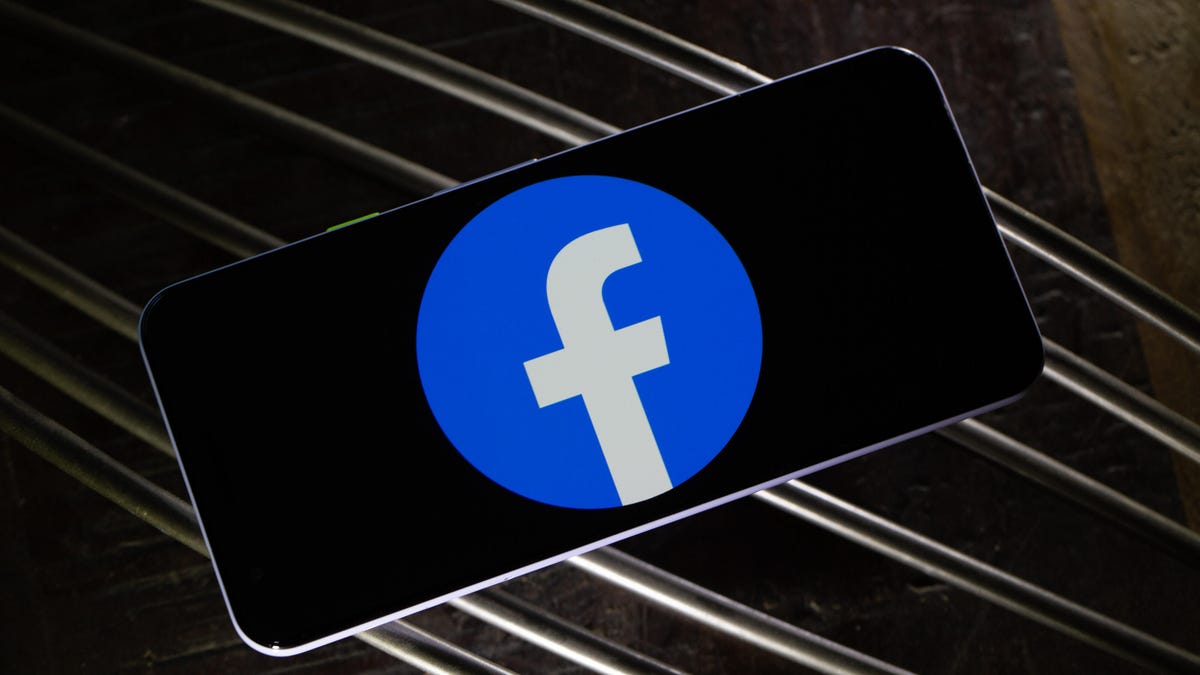Reuters will fact-check Facebook and Instagram posts ahead of 2020 election
The media organization joins the fight against fake news and deepfakes.

Reuters has joined Facebook's third-party fact-checking program.
Reuters has announced it will help Facebook and Instagram identify fake news posts. As part of Facebook's third-party fact-checking program, Reuters will comb through photos, videos, headlines and other posts in English and Spanish on Instagram and Facebook to identify and review stories, and determine whether they're fake. Reuters will be posting its findings on a special blog.
The fact-checking process will help find "the magnitude of misinformation taking place around the world," Jess April, Reuters director of global partnerships, said Wednesday. "It's a responsibility for news organizations and platforms to halt the spread of false news."
Facebook is "thrilled" to have Reuters help it "fight misinformation," Keren Goldshlager, of Facebook Integrity Partnerships, said.
Some of the posts already on Reuters' fact-checking blog include one debunking a video purporting to be footage of the helicopter crash that killed Kobe Bryant and eight other people; one verifying a video on Twitter that shows a family escaping the Australian bushfires; and one verifying images on Facebook that show dead fish in an Australian river.
The news comes ahead of the 2020 US presidential election, as social media companies deal with fake news posts and deepfakes.
Deepfakes, video forgeries that make people appear to be doing or saying things they didn't, are the moving-picture equivalent of bogus images created with programs like Photoshop. Deepfake software has made manipulated videos accessible to nonprofessionals and increasingly harder to detect as fake.
In the past month, Twitter has said it will start labeling deepfakes, Facebook has banned deepfakes but has faced criticism for not removing edited videos, YouTube has said it's cracking down on voter misinformation and Google parent Alphabet has said it will address deepfakes with a sham-photo detector. You can also report misleading election information on social media.

